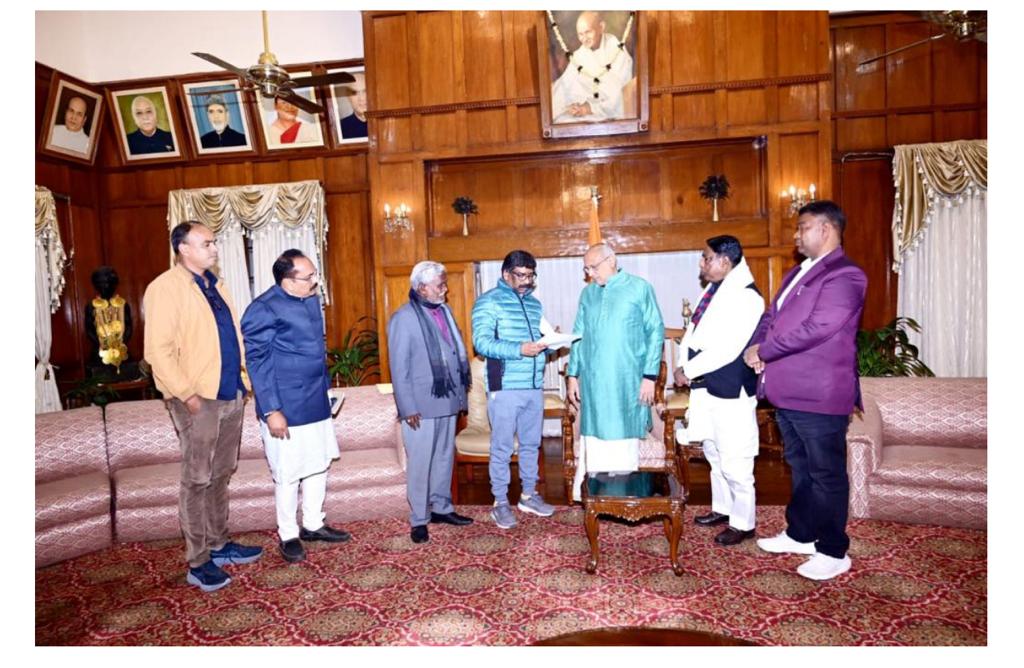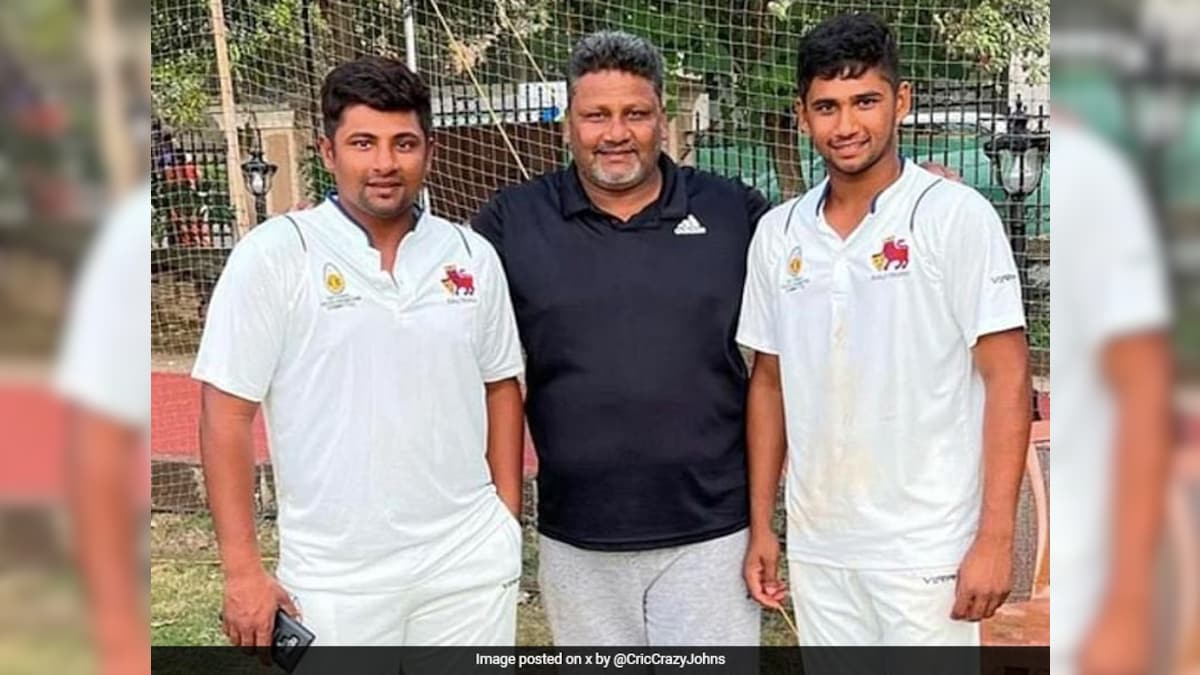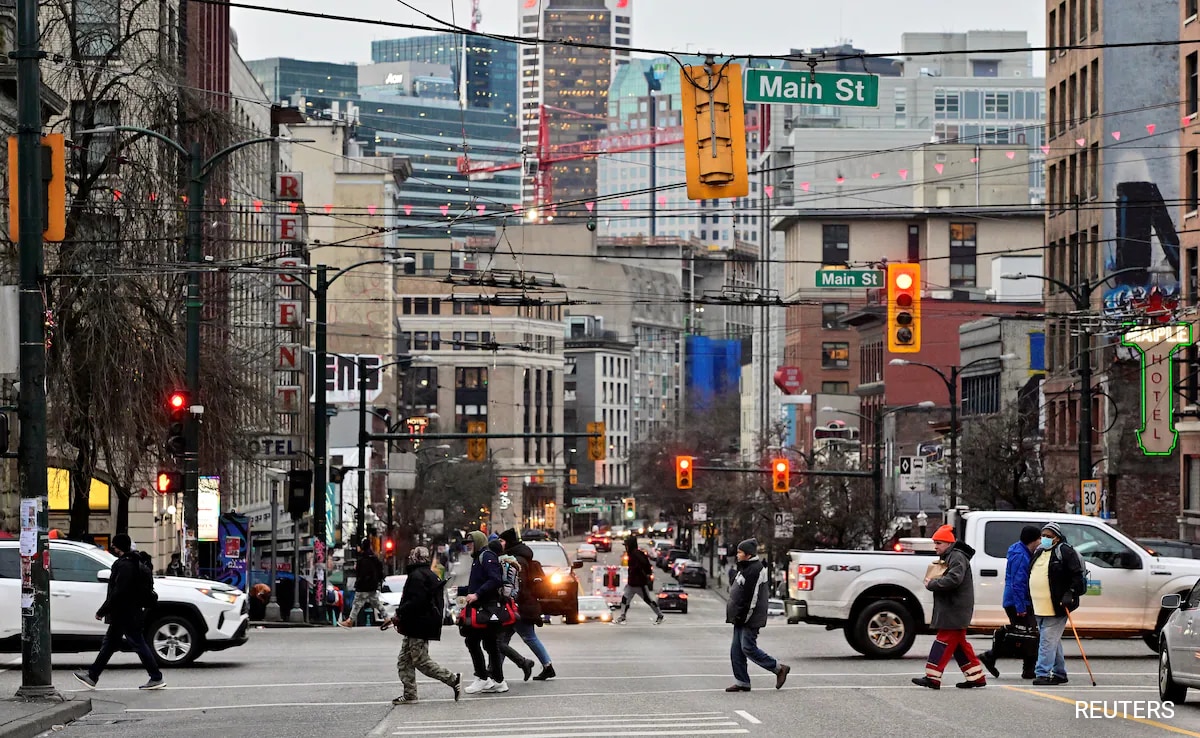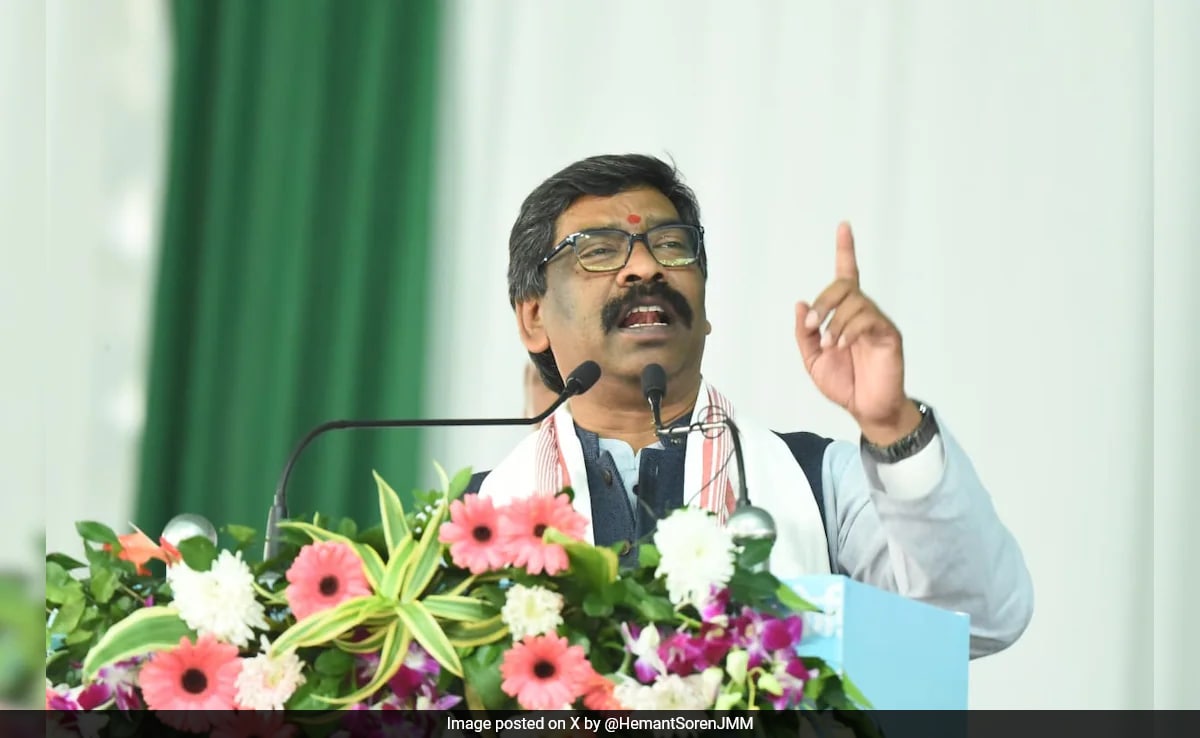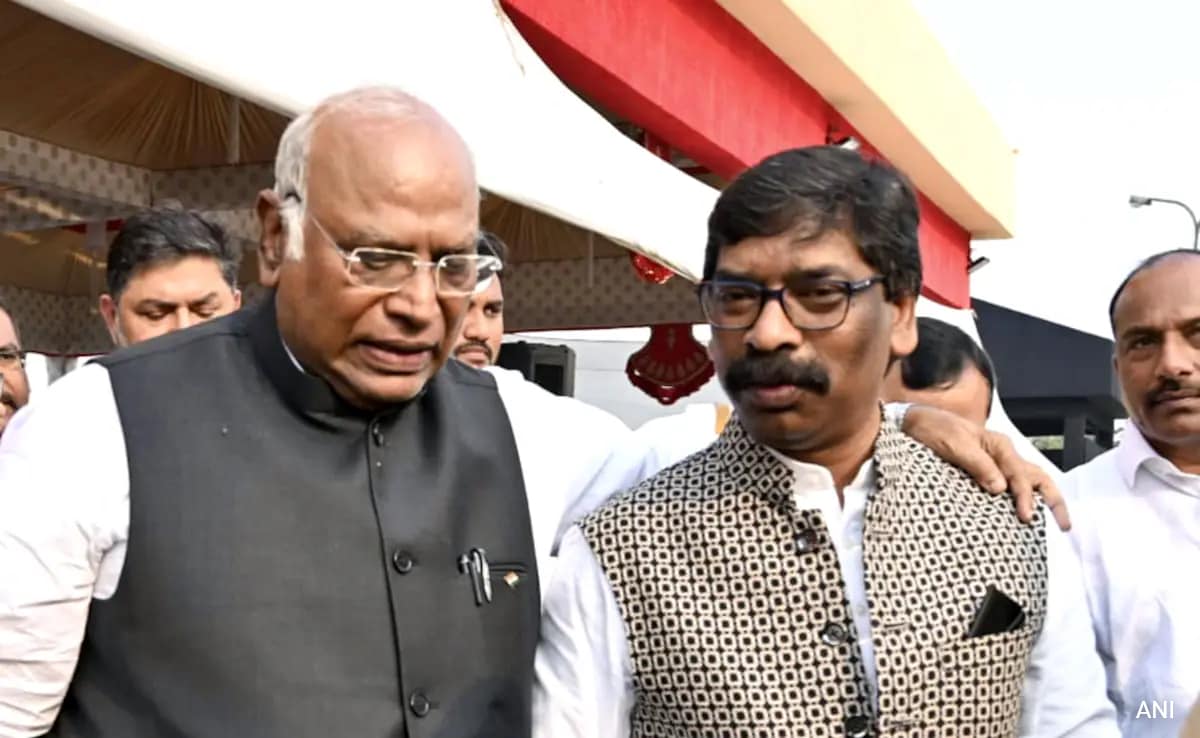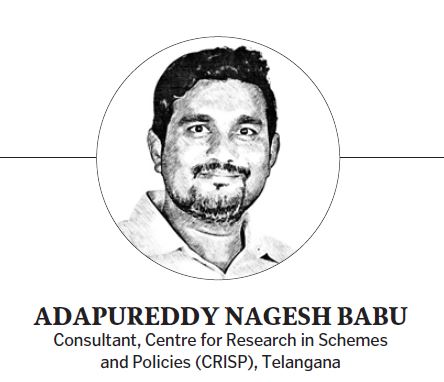
He will be replaced by state minister Champai Soren, a veteran leader of the ruling JMM.
New Delhi:
High voltage drama was seen outside the Raj Bhavan in Ranchi on Wednesday evening before the Enforcement Directorate formally arrested Jharkhand’s former Chief Minister Hemant Soren in an alleged money laundering case. Mr Soren signed his arrest memo only after meeting Governor CP Radhakrishnan and submitting his resignation. He will be replaced by state minister Champai Soren, a veteran leader of the ruling Jharkhand Mukti Morcha.
“The former chief minister insisted on meeting the Governor before signing his arrest memo,” a senior official in charge of the investigation told NDTV.
Mr Soren, he said, wanted to parade his MLAs before the Governor. “Three buses full of MLAs had reached the Raj Bhavan. But not all were allowed inside. He submitted a list of MLAs and only then he relented,” the official added.
Mr Soren was questioned by the Central agency for seven hours on Wednesday before he went to meet the Governor.
Officials said during questioning, Mr Soren was asked to pen down his statement, which he was unwilling to do. “He was uncooperative, so he was arrested,” a senior official said.
The agency claims Mr Soren and his aides used to forcibly acquire land. “Acres of land have been acquired allegedly by Chief Minister and the people known to him. We have arrested him in a money laundering case for a land scam involving 8 acres of land,” the official claimed.
The agency, he added, has “documentary evidence to prove that the proceeds of crime went to Hemant Soren,” which is why he has been arrested.
The ED claims the investigation points to a sophisticated operation involving a network of brokers and businessmen who manipulated land records to create fake deeds – legal documents that transfer ownership of land or real estate from one party to another – for valuable parcels of land.
“These falsified documents were then used to sell off the land to various individuals and companies, leading to substantial financial gains for the perpetrators,” an official said.
The agency is expected to produce Mr Soren before a special anti-money laundering court in Ranchi on Thursday. The ED will seek his remand for custodial interrogation.
The central agency has so far arrested 14 people in the case, including 2011-batch IAS officer Chhavi Ranjan, who served as the director of the state’s Social Welfare Department and deputy commissioner of Ranchi.
Assembly elections are due in Jharkhand in November.

